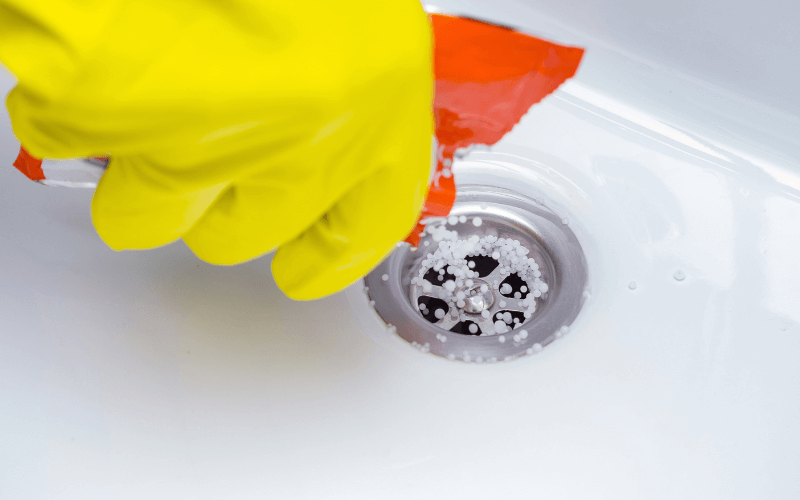Imagine two houses nestled deep in the countryside in Somerset (one of the ten most rural English regions) or a similarly remote area. As they’re too isolated to join the sewer network, the buildings use common off-mains drainage solutions instead: one has a septic tank and the other a cesspit (which is also known as a cesspool or cesstank).
The septic tank and cesspit are large underground tanks that are likely to be made of concrete or fibreglass. Each receives all the wastewater produced by its property’s inhabitants. And every so often a drainage company, such as Mega-Rod in Bath, arrives to perform cesspit or septic tank emptying. This invaluable service helps to ensure the tanks don’t get too full and create backups inside the properties or flood and pollute their grounds.
It’s clear that septic tanks and cesspits are similar in several ways. Unless you’re familiar with off-mains drainage systems, you might get them mixed up or assume they do exactly the same job. However, there are actually significant differences between a septic tank and cesspit – and it’s vital to be aware of them if your home has one.
Like cesspits, septic tanks collect and hold the wastewater that’s carried to them by drains. But unlike cesspits, which only provide storage, septic tanks are fitted with outlet pipes, enabling them to release wastewater into nearby drainage fields.
Septic tanks are permitted to do this because they go a step further than cesspits. In other words, a septic tank doesn’t just store wastewater; it also treats its contents with the assistance of gravity and helpful bacteria. This removes some of the waste matter (such as soap scum, food debris and toilet paper) before the wastewater enters the drainage field via a group of perforated underground pipes.
To facilitate this basic treatment process, septic tanks are usually divided into two chambers, whereas cesspits only have one. As the wastewater settles in the first chamber, light waste (scum) floats to the top and dense waste (sludge) sinks to the bottom, where some of it gets broken down by bacteria. A barrier called a baffle prevents the scum and sludge from flowing into the second chamber along with the (now partially filtered) wastewater. In that chamber, further settlement takes place, separating the wastewater from smaller waste particles. Having been treated to some extent, the wastewater then flows into the drainage field, where bacteria in the soil finish treating it so it can be safely returned to the environment.
An easy way to determine whether a property’s wastewater tank is a cesspit or septic tank is therefore to check if it’s designed to discharge wastewater. If it is, it must be a septic tank.
Even though septic tanks release wastewater, they still need to be emptied (or ‘desludged’) approximately once a year, as we pointed out in our septic tank emptying FAQs. By providing a septic tank emptying service, we’re helping property owners to stop the sludge in their tanks reaching an unmanageable level and forcing wastewater out before it’s been processed. With the aid of a powerful suction pump and tanker, we safely remove and dispose of the sludge so that your tank can continue working properly.
We employ the same equipment when emptying cesspits. But it’s vital to be aware that because these tanks don’t have outlet pipes, they fill up much faster and therefore need emptying more often – typically several times per year. So it’s a particularly good idea to take steps to save water if you have a cesspit (for example, by boiling smaller pans of water, taking shorter showers or using water-saving devices and appliances).
Emptying septic tanks and cesspits can help them to continue serving you well for as long as 40 years.
Because septic tanks not only hold wastewater but also partially cleanse it, they’re regarded as the superior off-mains drainage solution.
By contrast, cesspits are described by Homebuilding & Renovating magazine as ‘a last-resort option’. They should only really be considered for moderate, seasonal use (for example, at campsites that only open in the summer) or when you don’t have any unused land with absorbent soil that could become a drainage field.
With extensive experience of providing first-class, competitively-priced cesspit and septic tank and cesspit emptying in Bath, Bristol and beyond, Mega-Rod is a drainage company you can trust. In fact, we’ve earned the title Which? Trusted Trader.
Need your cesspit or septic tank emptied? Call Mega-Rod today on 01225 422980.









